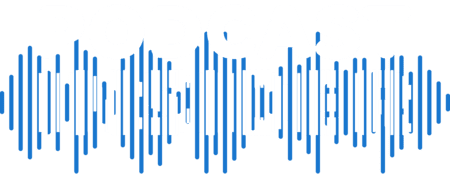Recently there has been a fair amount of chatter about download / on demand vs. streaming podcast and whether one delivery method is better than the other. “If a segment of the podcast services market had it their way today, they would eliminate the download option – some because they want podcasting to align with their current business model, and for some the download is hard to explain to media buyers,” says Blubrry/RawVoice CEO Todd Cochrane. “Largely for those reasons, they don’t want customers to have a choice.”
But let’s not forget why podcasting is so popular: we listen on our terms, where and when we want to – not just when we have a internet connection. Streaming removes a huge amount of convenience and cost-effectiveness for the consumer.
Here’s why Blubrry will continue to support both downloading and on demand as options for podcasters and podcast listeners:
1. On-demand is convenient. “Consumers should be allowed to choose where and how they listen to content,” argues Cochrane. “If they choose to pre-download a podcast while they’re on a WiFi connection because they don’t want to use their mobile bandwidth or are in a place where WiFi isn’t readily available, that’s their choice.”
2. On-demand is more cost-effective for the listener. “Most people cannot afford huge data plans. If you’re a listener with two kids, you might have four people sharing on a single mobile data plan with maybe 4-5 gigs of data,” Cochrane says. For a serious podcast consumer – the kind we all want to reach! – that may not be enough to support a streaming-only option. Also, consider that listeners in developing nations may have even less access to data – they’re more likely to be using Internet cafes to download shows and then listen on the go, explains Cochrane.
3. Downloads can be (and are being) measured accurately. “We’ve been measuring on-demand without an issue for a long long time,” says Cochrane. “Pro-streaming people don’t like downloads because once a piece of media goes into the Apple ecosphere or is downloaded in an app, they don’t know what happens to it afterward. But we do. Because of Apple iOS having such a huge market share, and because we know that the Apple podcast app stops downloading after three unplayed episodes, there is well-defined trending data that help us know the audience performance of a show.”
4. On-demand audio is why podcasts were created in the first place. Being able to listen to a podcast wherever and whenever you want to – whether that’s on an airplane, that one place on your commute where your cell signal always drops out, or the room in your basement where you can never get a good data signal – is one of the crucial things that’s made podcasting so popular to begin with. “Even Google Play recognized the importance of download by allowing it,” Cochrane points out.
Bottom line: while it’s possible down the road that customer preferences or needs will shift to using their data plan primarily to stream podcasts, the data does not bear out a shift now. Until that point, the industry should not be forcing a change, but instead supporting what the consumer wants. It’s pretty clear that right now, listeners want to be able to listen to podcasts on demand, and smart service providers will do what they can do meet that need.





